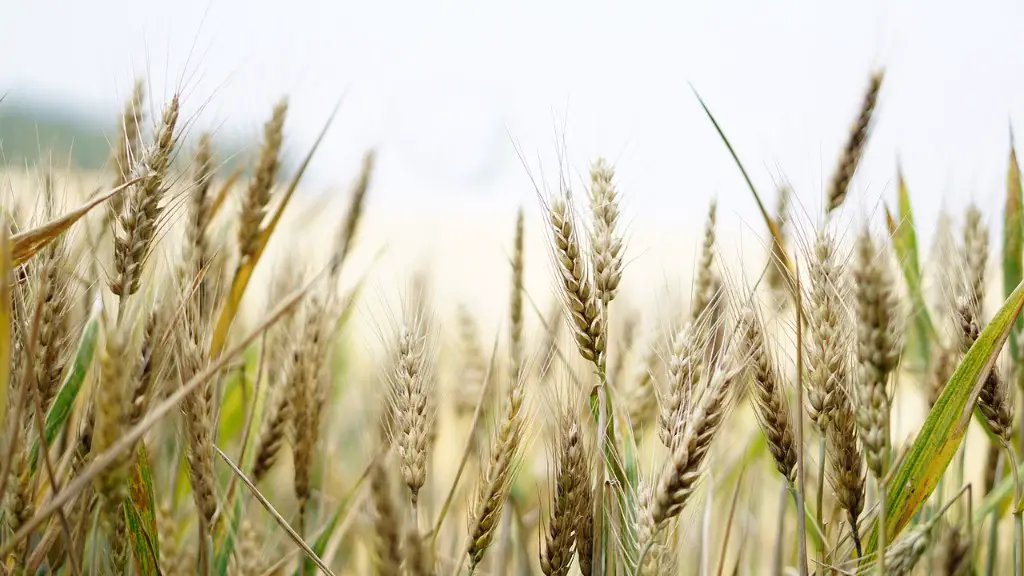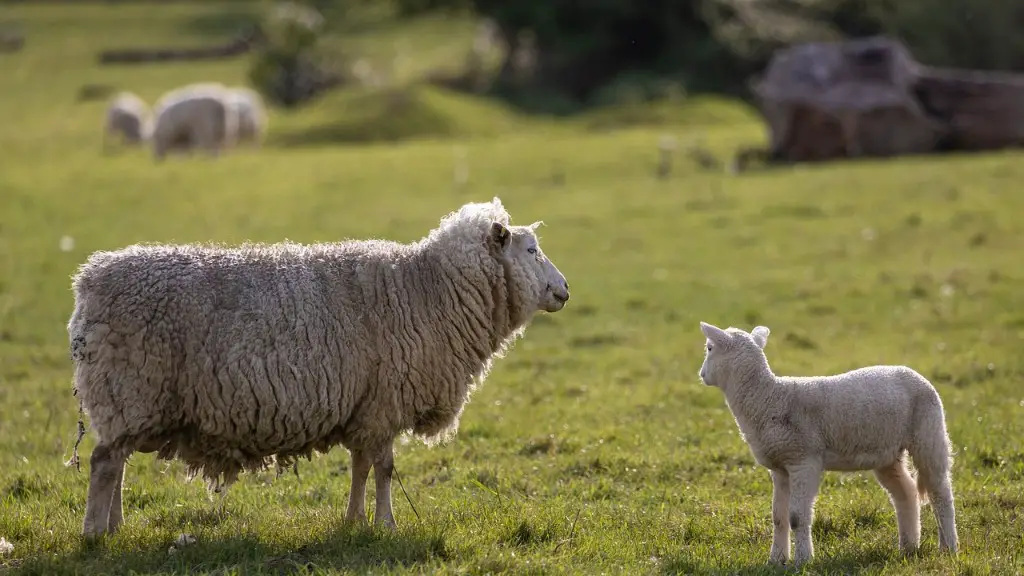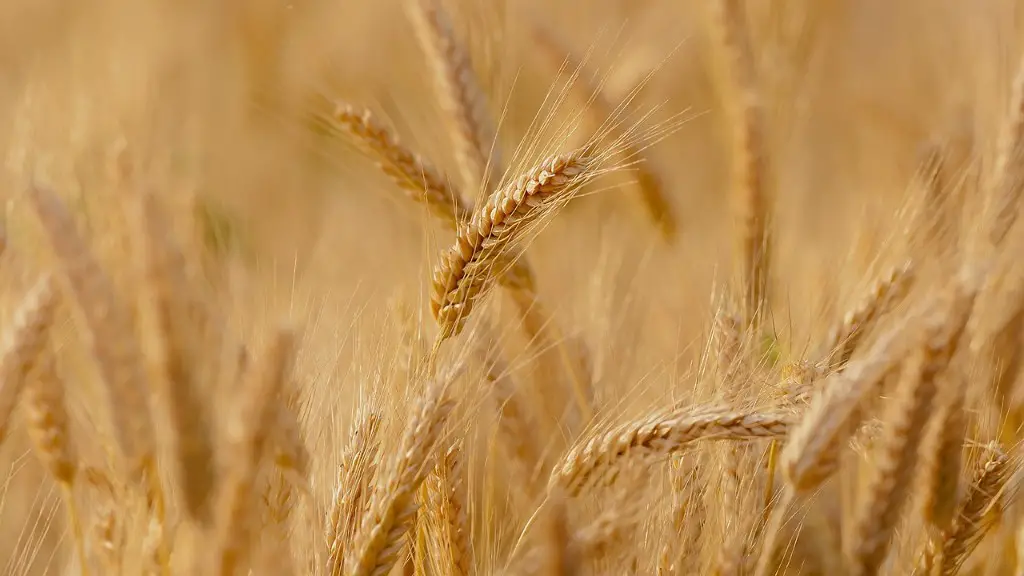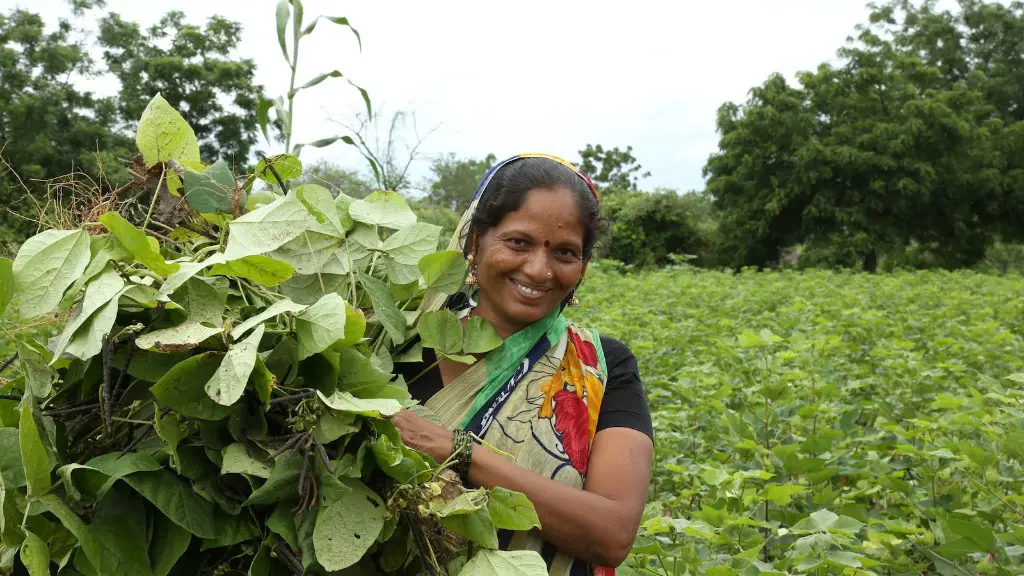Agriculture is a vast field that involves multiple disciplines and technologies. With the current growth and development in this industry, students are increasingly signing up for an Agriculture course to gain knowledge of the different facets associated with modern farming and agricultural techniques. In case you are keen to do an Agriculture course, here are a few key points that you must keep in mind.
Firstly, you must decide what type of Agriculture course you wish to pursue. This can be a foundational course, diploma or advanced certification. Depending on your goals and experience, you need to make the right choice.
Before you apply for the course, you should gain some knowledge about the agriculture industry. Knowledge of the underlying science, current trends and technology associated with agriculture industries will give you an edge during the course.
The next step is to research the Agriculture courses available. You may find the course online or offline, depending on the institute. Make sure you read up about the guidelines, curriculum and fee structure before you make your decision.
Once you have decided upon the course, you must ensure that you have met all the necessary requirements. There may be some pre-requisites in terms of prior education, experience or background research. You must ensure that you meet all the requirements before you start with the course.
Lastly, you must adhere to the schedule and complete the course on time. Timeliness is of utmost importance, so make sure you do not miss out on any class or assessment. Do not hesitate to ask questions in case of doubts and actively engage in the learning process.
Main Topics of an Agriculture Course
When you choose to do an Agriculture course, you’ll learn about the fundamentals of agriculture and modern farming techniques. The course will provide insight into the environment, economics and production in the agriculture industry. It will also equip you with an understanding of the legal and technical aspects of the industry and help you get acquainted with the latest technologies in the market.
Apart from gaining comprehensive knowledge, the course will also focus on the development of practical skills and the ability to apply them in real-world scenarios. You can expect to acquire knowledge in areas such as soil science, animal health, genetics and biotechnology, business and market insights, public and international policies and conservation.
The course provides you with an opportunity to learn newer technologies, production systems, investment strategies, market trends and policies. You will also have the skills to pursue managerial and non-managerial roles in the agricultural industry, conduct research and develop resources.
You will also be able to develop your analytical skills, think critically and use logical strategies in your approach towards the industry. You’ll also get to work with some of the most dedicated and knowledgeable professionals in the industry.
Career Opportunities for Graduates of an Agriculture Course
With a degree in Agriculture, you can pursue a wide range of careers, from farming and food production to wildlife conservation and fisheries management. You could also become a consultant, research specialist or policy analyst. Increasingly, the industry requires more engineers and scientists to handle their production and operations, so the scope for career opportunities is immense.
You could also join government and private firms to work as a sustainability expert and help in the development of smarter agricultural practices. With the right knowledge and experience, you could even become an agribusiness entrepreneur and manage your own business in the agricultural sector.
Overall, when you take up an Agriculture course, you could pursue a career that helps make the world a better place, while also helping you grow.
Things to Consider Before Choosing an Agriculture Course
Before you choose to do any Agriculture course, it is important to understand your own capabilities and the requirements of the course. Be honest about your skills and consider whether the course fits into your interests. Find a course that challenges your abilities and limits and keeps you engaged.
It’s important to assemble all the resources that you’ll need to excel in the course. Make sure you have reliable access to the internet and data, as many of the activities and projects may need online research. Look for money-saving techniques and online resources for the course.
Another important factor is the institute that you choose to do the course from. Make sure the institute has a good reputation and offers quality courses. Read up on the reviews and compare fees and curriculum of different courses before you make a decision.
It is important to think of the course as an ongoing process, not as a one-time opportunity. You may have to attend mandatory internships and complete projects, which may require your attention even after you have completed the course. So make sure you can dedicate enough time and effort to this course.
Final Thoughts on an Agriculture Course
Ultimately, when it comes to choosing an Agriculture course, you should take your time and make an informed decision. Read up about the topics that you’ll be studying, evaluate your finances and make sure you can dedicate enough time and effort to complete the course on time. Think ahead and imagine where your journey may take you. Most importantly, be passionate about what you are doing and make sure you enjoy the learning process.




